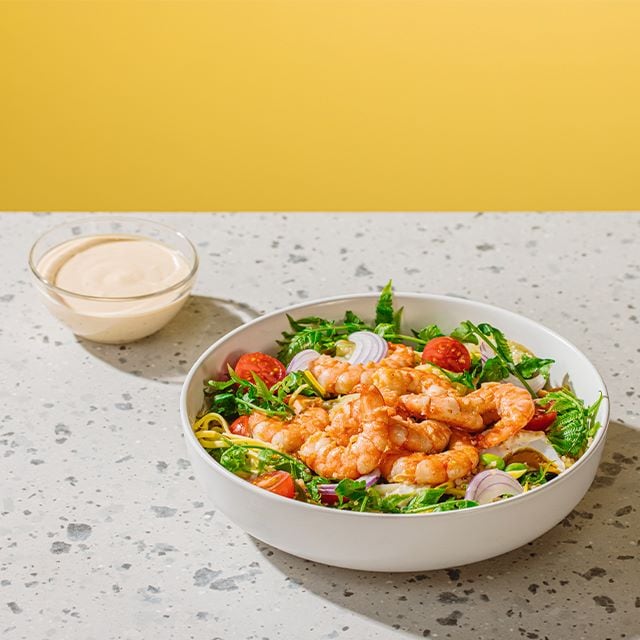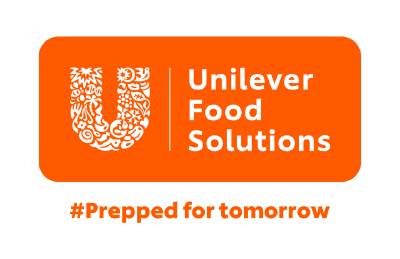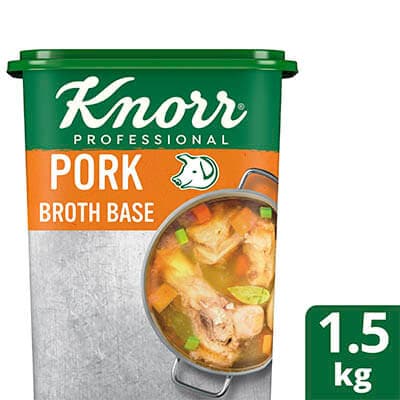Every battalion needs dependable weapons to win battles. And for any food business, that means investing in quality kitchen tools and equipment to craft flawless dishes, streamline operations, and impress customers. But gear alone isn’t enough – proper cleaning and maintenance are essential to keep your cooking tools in peak condition. Read on for must-have kitchen essentials and tips to keep them spotless.
Top Kitchen Tools and Equipment and Their Uses

Here’s your checklist of cooking tools and utensils in the kitchen to boost efficiency and elevate your culinary game.
1 .Chef’s knife
No kitchen can function without a chef’s knife, indispensable for its versatility in chopping, slicing, dicing, and more. Choose one with high-carbon stainless steel blades for durability and sharpness.
How to clean a chef’s knife: Wash immediately after use with warm water and dish soap. Dry thoroughly to prevent rust.
2. Cutting boards
Pair your knives with separate cutting boards for raw meat, vegetables, seafood, and cooked food to avoid cross-contamination. For professional kitchens, color-coded boards are best to ensure hygiene.
How to clean cutting boards: Scrub with hot, soapy water, sanitize with a bleach solution, and air-dry.
3. Mixing bowls
These bowls find countless uses in a kitchen, from tossing salads and mixing batters to marinating meats. Go for stainless steel ones for durability and ease of cleaning.
How to clean mixing bowls: Wash with warm water and dish soap, rinse, and dry.
4. Measuring cups and spoons
For precise recipe execution, especially if you’re baking, measuring cups and spoons are non-negotiable. Stainless steel sets are ideal for their long-lasting performance.
How to clean measuring cups and spoons: Wash with soapy water and rinse well to avoid residue buildup.
5. Spatulas
Spatulas are perfect for flipping, stirring, and spreading ingredients. They're also great for scraping bowls, folding mixtures, and cooking delicate foods. Heat-resistant silicone spatulas are ideal for professional kitchens.
How to clean spatulas: Clean with hot, soapy water and dry thoroughly.
6. Tongs
Tongs are especially useful for handling hot or delicate foods. You can use them for grilling, flipping meat, and serving pasta. Go for stainless steel tongs with a locking mechanism.
How to clean tongs: Wash in warm, soapy water and rinse thoroughly.
7. Whisks
Use whisks to whip cream, beat eggs, or mix sauces. Opt for sturdy stainless steel whisks in various sizes with ergonomic handles for comfort and durability.
How to clean whisks: Rinse immediately after use, wash with soapy water, and dry.
8. Ladles
Ladles provide consistency in serving soups, sauces, and liquids while preventing spillage. Stainless steel ladles with long, sturdy handles are the best choice.
How to clean ladles: Wash with warm, soapy water and rinse thoroughly.
9. Pots and pans
Pots and pans are essential for every cooking technique. Select ones that match the volume of food you need to prepare. Select heavy-bottomed, stainless steel or cast-iron options for even heat distribution and durability.
How to clean pots and pans: Scrub with non-abrasive pads, soak if needed, and dry to prevent water spots.
10. Deep fryer
Invest in a deep fryer with a consistent heating mechanism to ensure even cooking and crisp results. Choose models with temperature controls and easy-drain systems.
How to clean a deep fryer: Drain oil after use, wipe interiors with a soft cloth, and clean with warm, soapy water. Rinse and dry thoroughly.
11. Gas or electric grill
Heavy-duty grills are essential for cooking steaks, barbecues, and other hearty dishes. Go for durable, high-output models with adjustable heat settings for versatility.
How to clean a grill: Scrape grates after every use, clean with soapy water, and wipe down the exterior. Ensure grates are dried to prevent rust.
12. Baking sheets
Use these for roasting vegetables, baking cookies, or toasting bread. Heavy-duty, non-stick sheets that resist warping are ideal.
How to clean baking sheets: Soak sheets in hot water, if necessary, then scrub with a sponge, and dry thoroughly.
13. Food processor
Breeze through tasks like chopping, mixing, and pureeing with this versatile equipment. Opt for models with multiple attachments for enhanced functionality.
How to clean a food processor: Disassemble parts and clean with warm, soapy water; ensure blades are dried thoroughly.
14. Blenders
Blenders are essential for creating soups, sauces, and smoothies. Source high-powered models with variable speed controls designed for consistent performance.
How to clean blenders: Rinse immediately, blend warm water with soap, rinse again, and dry.
15. Graters
Invest in heavy-duty, stainless steel graters that can handle multiple tasks, from shredding cheese and zesting citrus to grating vegetables.
How to clean graters: Use a brush to remove debris, then wash with soapy water and rinse thoroughly.
16. Colanders
Colanders are necessary for draining pasta or washing vegetables. Stainless steel or silicone options with sturdy bases ensure efficient straining.
How to clean colanders: Wash with hot, soapy water and rinse.
17. Thermometers
Thermometers are essential for ensuring food is cooked to safe and precise temperatures. Invest in digital models with quick-read capabilities for efficiency and accuracy.
How to clean thermometers: Wipe with alcohol-based sanitizer and rinse.
18. Kitchen scissors
You need kitchen scissors to cut herbs, trim meat, or open packages. Stainless steel blades with detachable parts for easy cleaning are best.
How to clean kitchen scissors: Wash in warm, soapy water, rinse, and dry immediately.
19. Can openers
One often overlooked kitchen tool is the can opener, a necessity for various tasks. Go for manual models with ergonomic handles for durability and ease of use.
How to clean can openers: Detach removable parts and wash with soapy water; sanitize regularly.
20. Cleaning brushes
Brushes are indispensable cleaning tools in the kitchen, ensuring utensils and equipment remain free of residue. Choose ones with durable bristles to tackle tough cleaning tasks effectively.
How to clean brushes: Wash after use and ensure bristles are dried.
Efficient Method for Cleaning Kitchen Tools and Equipment

While chefs often take the lead in cleaning their tools, the task frequently shifts to other team members during busy shifts. That’s why it’s crucial to train staff in the proper steps for cleaning and sanitizing.
Regular maintenance is key – tools and equipment should be wiped down multiple times daily to stay in peak condition. Invest in cleaning tools and equipment to streamline processes.
Here’s a guide to help your staff keep kitchen tools and equipment spotless and efficient.

Creating a Cleaning Schedule for Kitchen Tools and Equipment

Every restaurant kitchen can benefit from having a detailed cleaning schedule. A well-organized plan ensures that each staff member understands their specific duties and responsibilities in maintaining the hygiene of the kitchen. When followed consistently, a cleaning checklist offers the following benefits:
● Better accountability: A cleaning schedule assigns specific tasks to individuals, making them accountable for completing their duties.
● Eliminates forgotten tasks: The risk of overlooking essential cleaning tasks is minimized, ensuring all kitchen areas are properly maintained.
● Record keeping: A cleaning schedule serves as proof of the establishment’s commitment to cleanliness, which can be essential during inspections.
● Formation of habits: Over time, staff will develop consistent cleaning habits, making the process of maintaining kitchen tools, equipment, and utensils in the kitchen effortless.
● Prevention of pest infestations: Regular cleaning reduces the likelihood of attracting pests such as flies, vermin, and roaches, which can be costly to address and damaging to your business’s reputation.
● Ensures food safety: A clean kitchen ensures that contamination and spoilage are less likely to occur, preserving the quality and safety of the food you serve.
Maintaining clean kitchen tools and equipment is crucial to avoid health hazards and protect your reputation. For restaurants aiming for top ratings, hygiene plays a key role. As a business owner, you understand the value of well-maintained cooking tools. Share this guide with your team to ensure proper cleaning and upkeep.




/vegetable-okoy-ukoy-filipino-fritters-preview.jpg)




